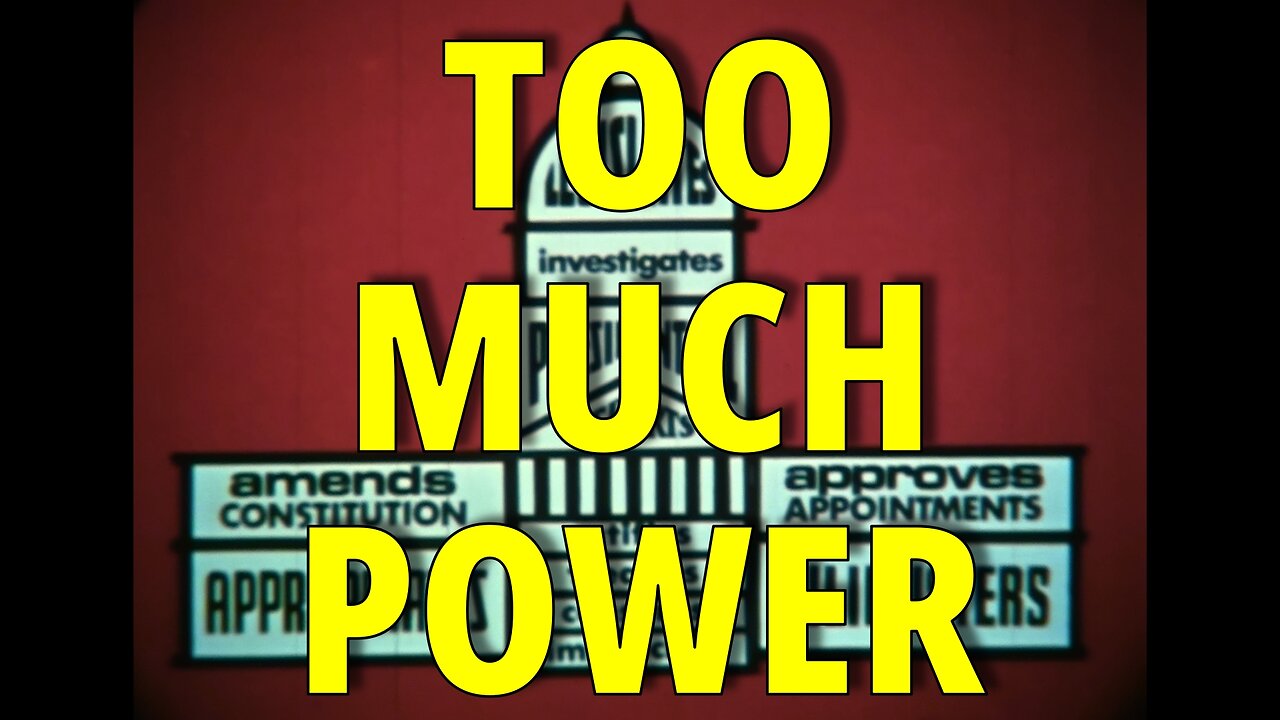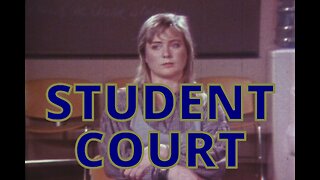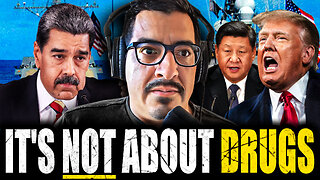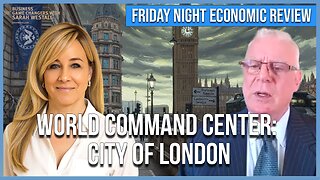Premium Only Content

TOO MUCH POWER
In 1972, this Encyclopaedia Britannica classroom film asked a timeless question: Does the President of the United States have too much power? Released during the Vietnam War and the presidency of Richard Nixon, the film reflected an era when Americans were increasingly worried about executive secrecy, wartime authority, and abuses of power—concerns that would soon erupt with the Watergate scandal.
The film explains how the Constitution’s checks and balances—Congress, the Supreme Court, and the electorate—are designed to limit presidential authority. Yet even with these safeguards, debates over Nixon’s actions highlighted the tension between executive ambition and democratic oversight.
Half a century later, these same questions remain highly relevant. Today’s debates focus on executive orders, national emergencies, surveillance powers, media influence, and partisan polarization, showing that while the players and tools have changed, the struggle to maintain balance between branches of government continues. The film’s calm, classroom-style narration contrasts sharply with the 24/7 news cycle and social media discourse shaping modern perceptions of presidential power.
Viewed side by side, the film reveals both change and continuity: the mechanisms of power may look different, but the concern about balance, accountability, and the limits of presidential authority has never left American politics. This makes the film not only a historical teaching tool, but also a mirror reflecting issues still alive today.
⚠️ Disclaimer: This film is presented for historical and educational purposes only. The perspectives shown reflect the political climate of the early 1970s.
If you enjoy vintage classroom films, political history, and archival educational reels, don’t forget to like, share, and subscribe to Old School Films—new treasures uploaded almost daily!
-
 23:26
23:26
Old School Films
30 days agoSTUDENT COURT
22 -
 LIVE
LIVE
Lofi Girl
3 years agolofi hip hop radio 📚 - beats to relax/study to
206 watching -
 1:43:54
1:43:54
TruthStream with Joe and Scott
3 days agoStuey and Elisa V interview Joe and Scott Q, AI, Glutathione, Tylenol etc 11/5 #510
10K4 -
 29:15
29:15
BlabberingCollector
2 days agoHarry Potter X Fortnite, Fans Reee Over Trans Rights, NEW Audiobooks Are OUT, Wizarding Quick Hits
26K3 -
 1:20:42
1:20:42
The Connect: With Johnny Mitchell
6 days ago $9.74 earnedThe Truth Behind The U.S. Invasion Of Venezuela: Ed Calderon Exposes American Regime Change Secrets
31.5K16 -
 2:10:18
2:10:18
FreshandFit
5 hours agoAfter Hours w/ Girls
128K27 -
 2:06:29
2:06:29
TimcastIRL
11 hours agoAirlines Cancel Over 700 Flights, Travel APOCALYPSE Is Now, Trump Says END FILIBUSTER | Timcast IRL
227K104 -
 9:02:44
9:02:44
SpartakusLIVE
16 hours agoTOXIC Solos on ARC Raiders || Friday Night HYPE - WZ or Redsec Later?
75.7K2 -
 2:15:42
2:15:42
TheSaltyCracker
9 hours agoWoke is DEAD ReeEEStream 11-07-25
121K215 -
 1:29:13
1:29:13
Sarah Westall
8 hours agoThe City of London: Infiltration, Intimidation & Centralized Power w/ Mike Harris
50.5K13